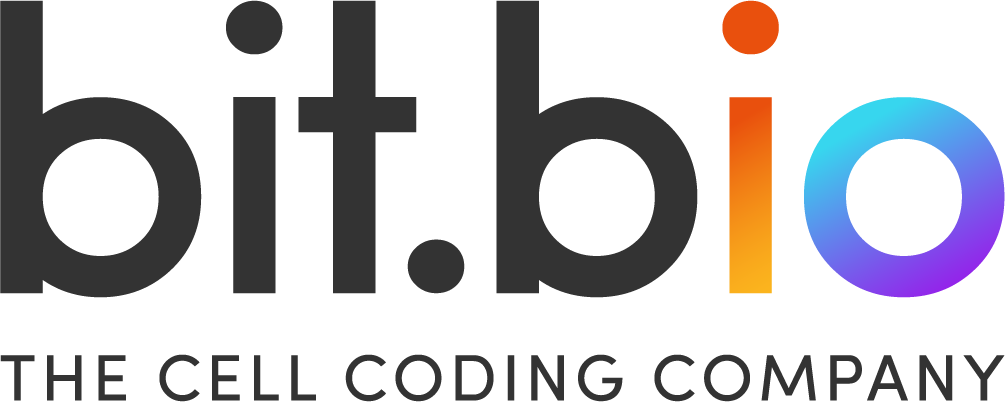One of the biggest challenges facing CNS scientists today is the need for in vitro cell models that accurately represent the complexity of human diseases. Inconsistent supply and variable performance have also hampered progress.
bit.bio’s first-of-its-kind precision cellular reprogramming technology, opti-ox™, addresses the limitations of lot consistency, cell definition and scalability by controlling the precise expression of cell-fate determining genetic factors. With opti-ox™, entire populations of iPSCs are precisely and consistently reprogrammed to a chosen cell identity within days. Furthermore, bit.bio has now engineered disease-specific mutations into these cells to generate a range of neurodegenerative disease models for Amyotrophic Lateral Sclerosis (ALS), Frontotemporal Dementia (FTD), and Huntington's disease.
During this talk we discuss:
- How to overcome inefficiencies and inconsistencies of current cell generation methods
- How bit.bio has used ICC, RT-qPCR, RNA-Seq and functional data to define cell identity and validate disease model genotype
- The identification of disease-related phenotypes in models for FTD and Huntington's disease compared to isogenic controls

